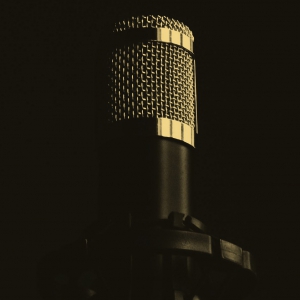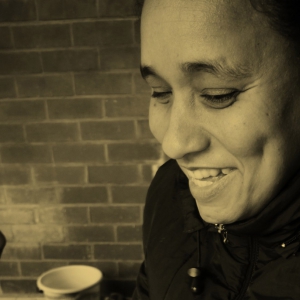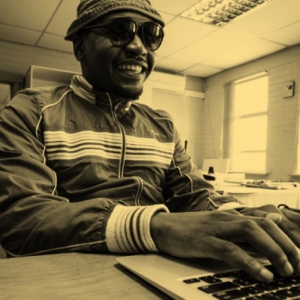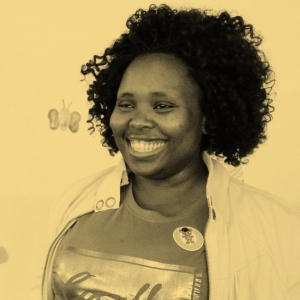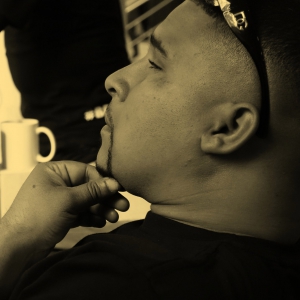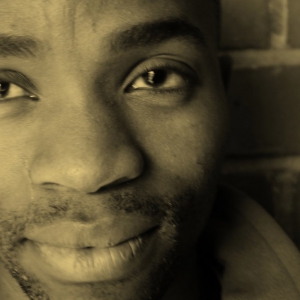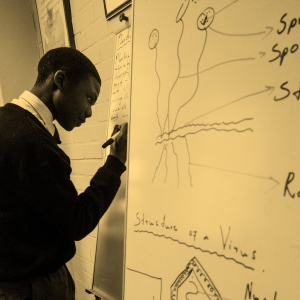“I am able to act because I have accepted myself. LOFOB helped me with that.”
SIPHOKAZI
When she was a child, Siphokazi was involved in a car accident which resulted in her loss of sight.
Over the years, her mother started to notice that something was not right with her daughter’s vision. It initially caused some concern, but some of Siphokazi’s vision remained and she continued with her education.
“One day I had a terrible headache. I couldn’t sleep or eat. The next day, everything was black.” It was then that Siphokazi realized she lost the remainder of her vision. “After that, I stopped going out with friends. I was just sitting at home doing nothing.”
The loss of her vision devastated Siphokazi and sent her into an downward emotional spiral. She retreated inward and lost all confidence that she would be able to live the life she wanted.
“I was lost and angry.”
A doctor informed her about LOFOB and the services that they provide. With some encouragement from friends and family, Siphokazi stepped through LOFOB’s doors.
“The first week was hard for me. [Staff] encouraged me to be independent, which I was not used to. My granny did everything for me at home.”
At first, Siphokazi struggled to speak to others and felt uncomfortable and shy in her new surroundings. Slowly, Siphokazi became more comfortable and started to rebuild her confidence.
“The other clients were happy and enjoying their life. Why should I be shy and ashamed of myself? The other clients are encouraging and help me feel free… I see them walking on their own and I also want to do those things on my own.”
Siphokazi has found a new skill that she never thought she would have developed before she lost her vision: acting. She never thought of herself as a performer but she sees herself in a new light. She loves filling a room with laughter through drama.


